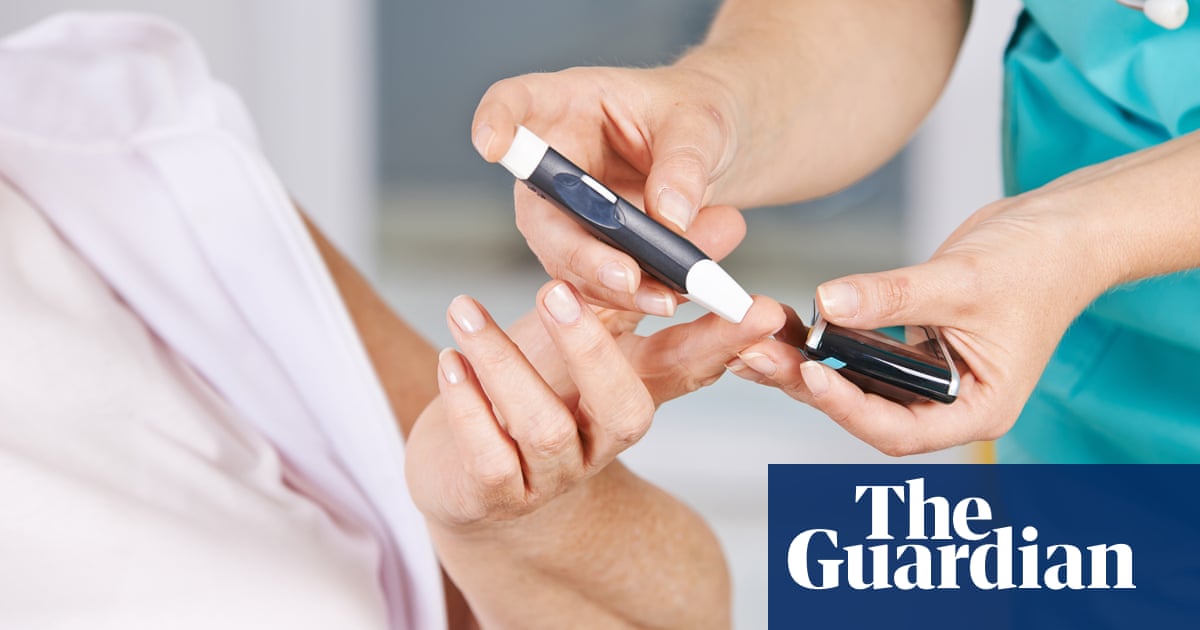
Dramatic levels of “friendly fire” from the immune system may drive severe Covid-19 disease and leave patients with “long Covid” – when medical problems persist for a significant time after the virus has been beaten – scientists have said.
Researchers at Yale University found that Covid-19 patients had large numbers of misguided antibodies in their blood that targeted the organs, tissues and the immune system itself, rather than fighting off the invading virus.
The scientists compared immune responses in patients and uninfected people and discovered scores of aberrant antibodies in the former.These blocked antiviral defences, wiped out helpful immune cells, and attacked the body on multiple fronts, from the brain, blood vessels and liver to connective tissue and the gastrointestinal tract.
Further tests revealed that the more “autoantibodies” patients had in their blood, the worse their disease. The Covid-19 patients had more antibodies that had turned on them than people with lupus, an autoimmune disease caused by similar wayward antibodies.
“Covid-19 patients make autoantibodies that actually interfere with immune responses against the virus,” said Aaron Ring, an immunobiologist at Yale and senior author on the study. Numerous other autoantibodies attacked parts of the body that are known to become damaged in those with the disease.
“We certainly believe that these autoantibodies are harmful to patients with Covid-19,” said Ring, adding that the harmful effects may well continue after the infection has abated, leaving patients with longer-lasting medical problems. “Because antibodies can persist for a long time, it’s conceivable that they may contribute to the development of long-Covid diseases,” he said.
Ring partnered with Akiko Iwasaki, a professor of immunobiology at Yale, to screen 194 patients and hospital workers with varying severities of Covid infection for autoantibodies that targeted nearly 3,000 human proteins. Antibodies disable viruses by latching on to proteins on the virus surface, but autoantibodies are the wrong shape and mistakenly bind to proteins that are on, or have been released by, human cells.
Writing in the study, which has yet to be peer reviewed and published in a journal, the scientists describe how Covid patients had “dramatic increases in autoantibody reactivities” compared with 30 healthy hospital workers who did not have the virus. While certain autoantibodies in some patients were apparently present before Covid-19 infection, others appeared and ramped up as the disease progressed.
More than 5% of hospitalised patients had autoantibodies that weakened a key arm of the immune defence that is orchestrated by proteins called interferons. These patients were unable to control the amount of virus in their bodies and so developed more serious illness.
In two particularly grim examples of friendly fire, other patients had autoantibodies that targeted B cells, the cellular factories that churn out antibodies to fight the virus, while one patient had autoantibodies that appeared to wipe out many of their protective T-cells.
Rather than one type of autoantibody being to blame, the scientists believe that Covid-19 is worsened when many different wayward antibodies arise in the same patient. Tests in mice with some of the autoantibodies confirmed that they made the animals more susceptible to infection and more likely to die from the disease.
“The aggregate sum of these multifarious responses may explain a significant portion of the clinical variation in patients,” the authors write.
Scientists have long known that conditions such as rheumatoid arthritis, lupus and multiple sclerosis are driven by the immune system malfunctioning and attacking the body. But less is known about viral infections and their ability to induce autoimmune reactions. Work is now under way to investigate whether autoantibodies are to blame for long-term symptoms in diseases like Ebola and Chikungunya, and also in cancer patients after immunotherapy.
Ring said that if Covid-19 autoantibodies endure in the body they might play a part in long Covid. “Post-Covid syndromes could plausibly be caused by long-lived autoantibodies that persist well after the virus is cleared from the body,” he said. “If this is the case, there are immunosuppressive treatments, such as those used for rheumatological diseases, that could be effective.” Long Covid is thought to affect about 10% of 18- to 49-year-olds, rising to one in five among the over-70s.
Danny Altmann, professor of immunobiology at Imperial College, London, who was not involved in the study, said autoantibodies could well explain the variety of Covid symptoms and the longer-lasting ailments some patients experience.
“I consider this very likely, especially by analogy to Ebola and Chikungunya, where autoimmunity does seem to be a big part of the answer. A big part of our lab direction of travel for the coming months is trying to relate long Covid symptoms to autoimmune profiles,” he said.












